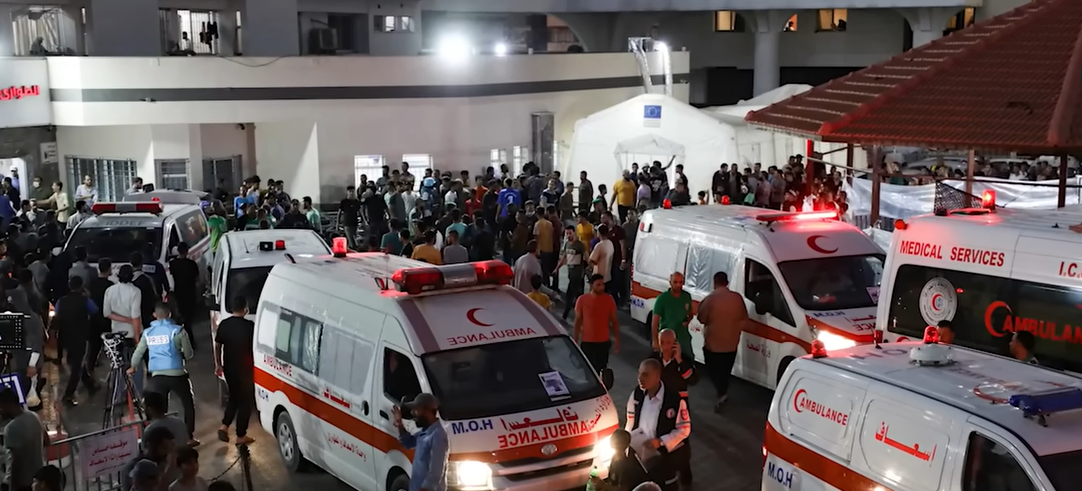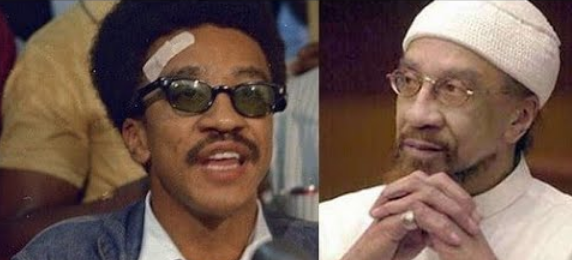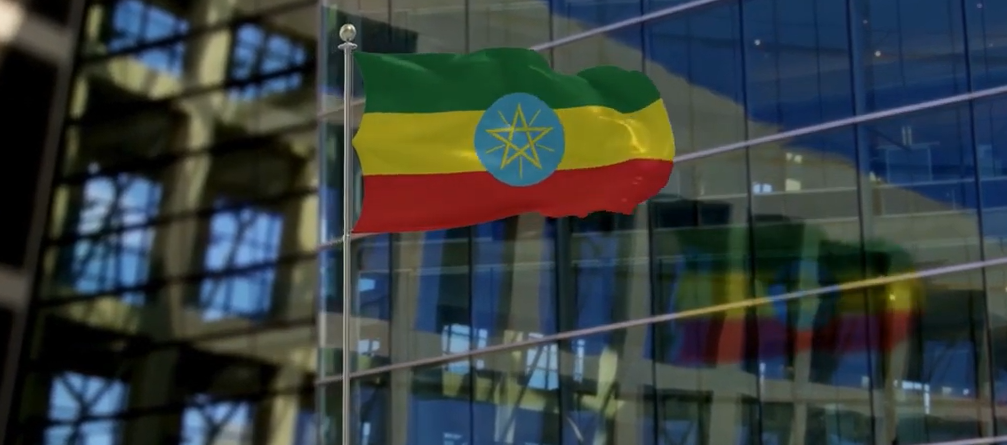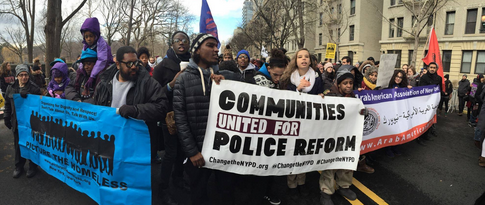Photos: YouTube Screenshots
We — by which I mean most of humanity — are still playing with the so-called “just war theory,” the intellectual justification for war dating back to St. Augustine and the early centuries of the Common Era.
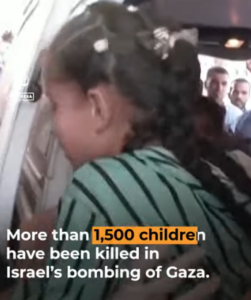


You know, violence is morally neutral — and thus, when the cause is just and sacred, go for it! Kill the non-believers. Make the world a better place.
Just war theory makes the world numb to human slaughter. Dead children, and all other innocent victims, become abstractions, collateral damage. It’s almost as though the role of lone-nut mass murderers — killers who clearly have no moral justification to walk into a shopping mall or school classroom or bowling alley and start shooting — is to remind the world that lives are precious and murders equal hell. Thus the recent mass shooting in Lewiston, Maine (apparently the 565th mass shooting in the U.S. this year) generated painful eulogies of the victims in the media, cutting open the national soul. Yes, their deaths are unspeakable tragedies!
But the thousands of dead in Gaza and every other war don’t get such public eulogies —because, of course, there are far too many of them to write about, but also . . . well, because the war may be just (and the U.S. is either waging it or supplying the weapons) and humanizing the collateral damage could make the good guys look bad.
So war is neutral. Killing children (and/or their parents) is neutral and sometimes necessary, for self-defense and other God-sanctioned reasons that make the world a better place. I can see St. Augustine’s point. The defense of what we value is necessary, and defense means fighting back.
But as I wrote a year ago: A serious, unaddressed problem comes along with this. “What if we value . . . oh, let’s say, whiteness? And along comes a nonwhite teenager who (allegedly) looks inappropriately at a white lady. Shouldn’t we lynch him? What’s to stop us? Violence is morally neutral.”
In other words, the neutrality of violence can be used by anyone in a position of power. Is the winner of a violent conflict, ipso facto, the one who’s right? Humanity is stuck with an enormous paradox. If war is morally neutral, anyone, including those whose values are morally questionable (or simply wrong), can resort to it. Thus we must never stop preparing for it. War is both just and unjust simultaneously, and it will never end.
And here’s the thing. War is not just. Indeed, it’s humanity’s cancer. It can’t happen without first obliterating our primary value: the sanctity of life. As Kelly Denton-Borhaug points out, citing the research of John Dower: “Dehumanization always precedes and paves the way for the horrors of war. Human beings won’t kill other humans if they truly believe their lives are as worthy as their own.”

Or as Israeli Defense Minister Yoav Gallant declared last month, as Israel’s “just war” got underway: “We are fighting human animals.”
And that makes any and every action possible. Denton-Borhaug goes on to note that “dehumanization does more than just enable war. It also generates an annihilating energy all its own through which the atrocity-laden destruction of war multiplies exponentially.”
In other words, during the course of war, the violence keeps intensifying. Why shouldn’t it? War’s entire point is winning, and when the enemy refuses to give up, the violence must increase. But her point transcends mere strategic necessity. The limitless expansion of violence takes on a life of its own. As she points out, during World War II, when the Japanese turned to kamikaze fighting, the Americans abandoned precision bombing and initiated the full-scale firebombing of Japanese cities. The firebombing of Tokyo in March 1945 burned to death more than 100,000 civilians in a single night. More than 60 cities were similarly targeted, killing hundreds of thousands of Japanese in a final paroxysm of violence.”
And then, of course, came Hiroshima and Nagasaki.
And this is where the human race now finds itself. Just war theory, after several millennia of justified dehumanization, has led us to the brink of Armageddon. And we’re geopolitically fine with that! Powerful nations not only possess nukes, they — at least some of them, such as the U.S. — continue to modernize them, as though . . . my God, I can’t even complete this sentence. We’re living on a planet with two possibilities: no future without nuclear weapons, or no future at all.
Believing in the just-war theory means believing in — valuing — dehumanization. Not of all of us, as the defenders say. Only some of us. But to dehumanize part of the human race, part of who we are — so much so that we are prepared to turn them into ashes and dust — has consequences far beyond the simplistic mindset of winning or losing. This is poison. War will always come home, whether as loners with AK-47s or as nuclear winter.
Indeed, war doesn’t simply “come home,” a metaphor that implies a separated humanity — separated by invisible lines called national borders. Yes, conflict is part of who we are; we are a complex entity. But war drives a spike into our collective soul. We are one. When we prepare for and ultimately wage war, rather than reach for understanding, we are killing ourselves: our precious children, our fragile planet.
And we know this — every time we look into a child’s eyes. This is where our future pulsates.
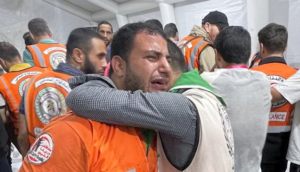
Robert Koehler ([email protected]), syndicated by PeaceVoice, is a Chicago award-winning journalist and editor. He is the author of Courage Grows Strong at the Wound.
